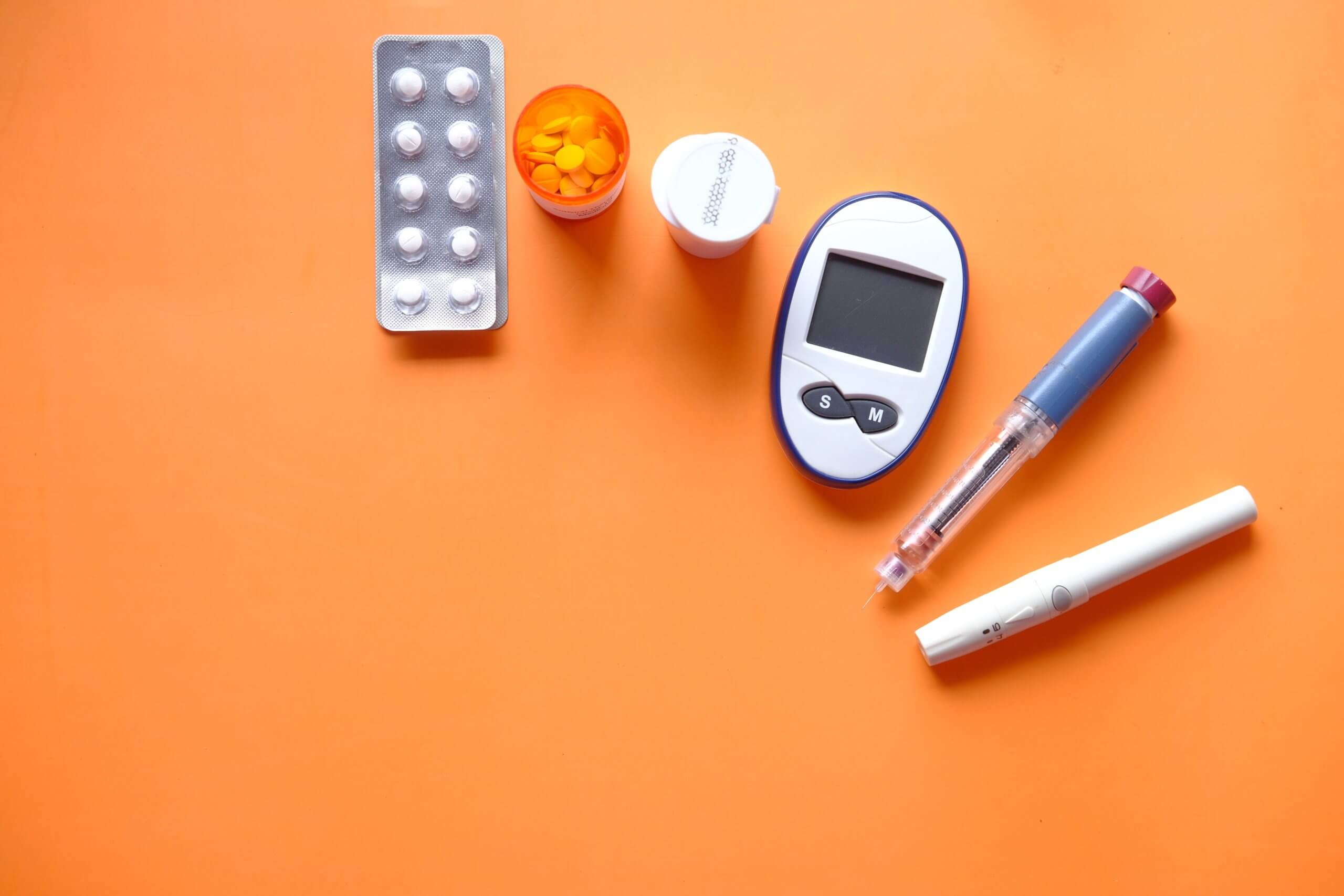The presence of certain bacterial species may predict a person’s risk of developing type 2 diabetes, finds new research from the Univerisity of Turku and the Finnish Institute of Health and Welfare. Six bacterial groups belonging to the Lachnospiraceae family and its close relatives were linked to Type 2 diabetes and partly linked to the quality of a person’s diet.
The findings expand on previous research showing this bacterial family is a marker for other metabolic diseases such as fatty liver disease. Additionally, it strengthens the connection between the influence of dietary habits and diabetes likely regulated through the gut microbiome.
The research team collected fecal samples from 5,572 adults living in Finland and then tracked their health and any potential diseases for 15.8 years. During this time, 432 adults were later diagnosed with diabetes. With access to participants’ medical records, the team was able to identify microbial biomarkers that predicted the likelihood of developing type 2 diabetes in patients who were disease-free during the initial assessment. Four species were Clostridium citroniae, Tyzzerella nexilis, C. bolteae, and Ruminococcus gnavus. There was two other clusters that mostly belonged to the same species.
“The gut microbiome can potentially be used to improve disease prediction and uncover novel therapeutic targets for diabetes,” wrote the study authors.
Diagnoses of type 2 diabetes are increasing worldwide and have amassed a hefty cost in treatment services. Because type 2 diabetes is affected by both genetics and the environment, researchers suggest an effective preventative strategy is to make healthier lifestyle choices.
The study is published in the journal Diabetes Care.
